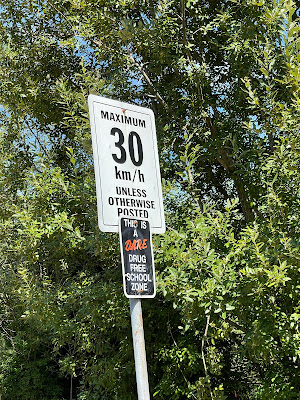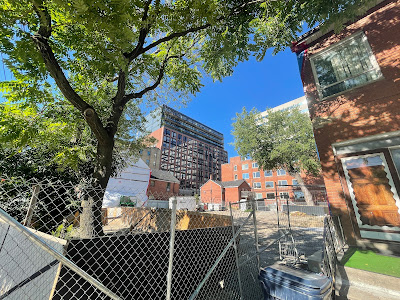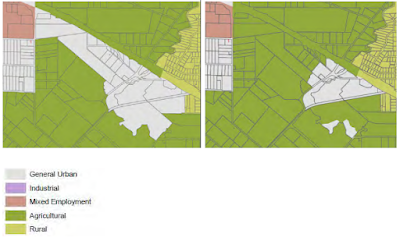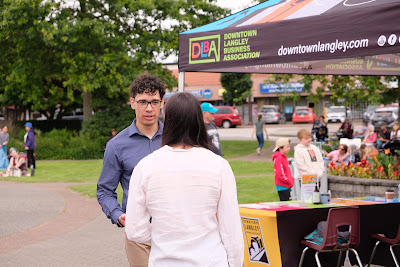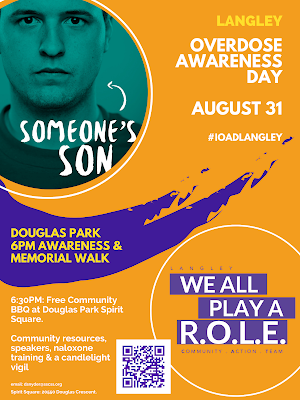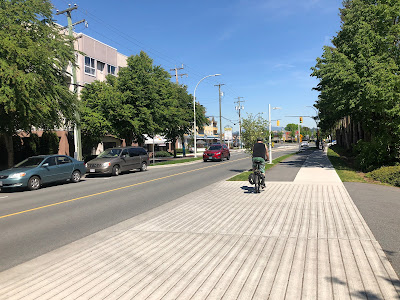During the past three years, I have travelled to more places in BC than I think in the previous 20 years. One of the things I keep an eye on when travelling is how other communities address traffic safety and create more walkable and bikeable communities.
Speeding, driver impairment, and poor road conditions are leading causes of death and injuries in BC. In fact, over 270 people are killed and many more injured on roads in BC each year.
One of the simple ways to make roads safer is to reduce speeds.
In most BC municipalities, the default speed limit is 50 km/h, which is too fast. If you are walking and a motor vehicle driver hits you at 30km/h, you have a 90% chance of surviving. At 50km/h, you have an 80% chance of dying.
This default 50 km/h speed limit was due to a false impression that municipalities need special permission from the province to lower the default speed limit below 50 km/h.
Last fall, I received an email from Bowinn Ma, the Minister of State for Infrastructure.
She stated that “municipalities do not need approval from the provincial government to change the default speed limit of 50 km/h on local roads within their communities.”
“To change a speed limit and make it enforceable, municipalities must pass a bylaw and install signs. There are no specific requirements under the Motor Vehicle Act for how many signs to install or where they must be placed in order to notify drivers and support enforcement of the speed limit.”
I’ve noticed that many smaller municipalities in BC are lowering the default speeds on their local roads.
The following sign is from Sayward, but I saw many other examples, including in places like 100 Mile House.
Now there are roads where you would set the speed limit higher than 30km/h, such as provincial highways and major corridors. 200th Street, 208th Street, Glover, Logan, the Langley Bypass and some sections of Fraser Highway and 56th Avenue would be those roads in our community.
On higher-speed roads, we need to continue separating walking, cycling, and motor vehicle traffic and redesigning intersections to reduce the likelihood of injury and death for all road users.
I am encouraged to see that smaller municipalities in BC are taking traffic safety seriously. We should be taking a cue from them to improve road safetly for more people in our province.

